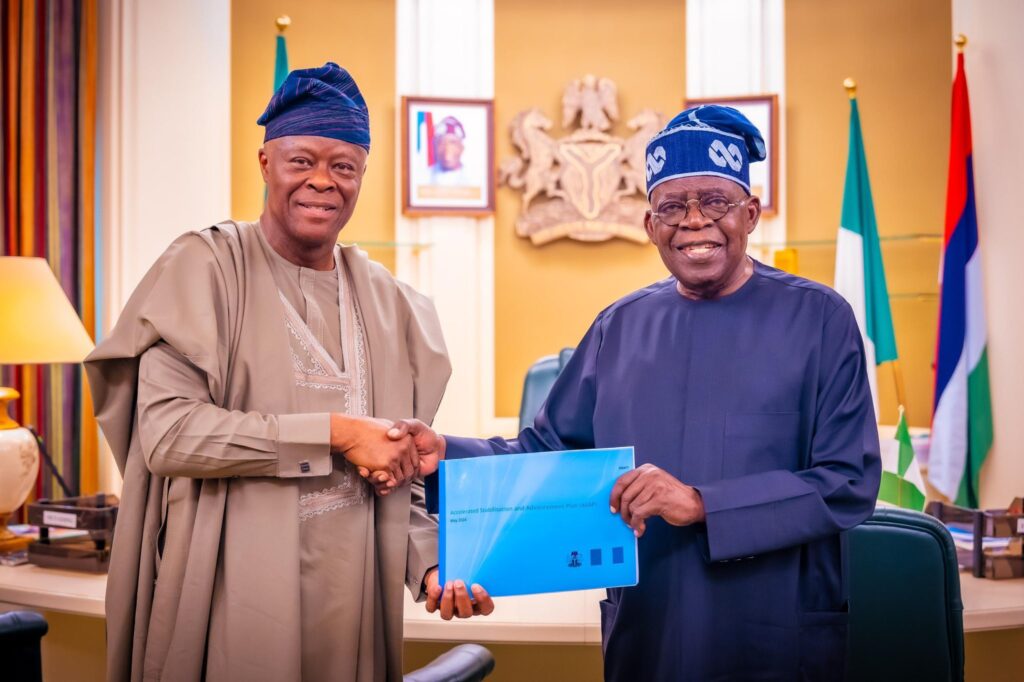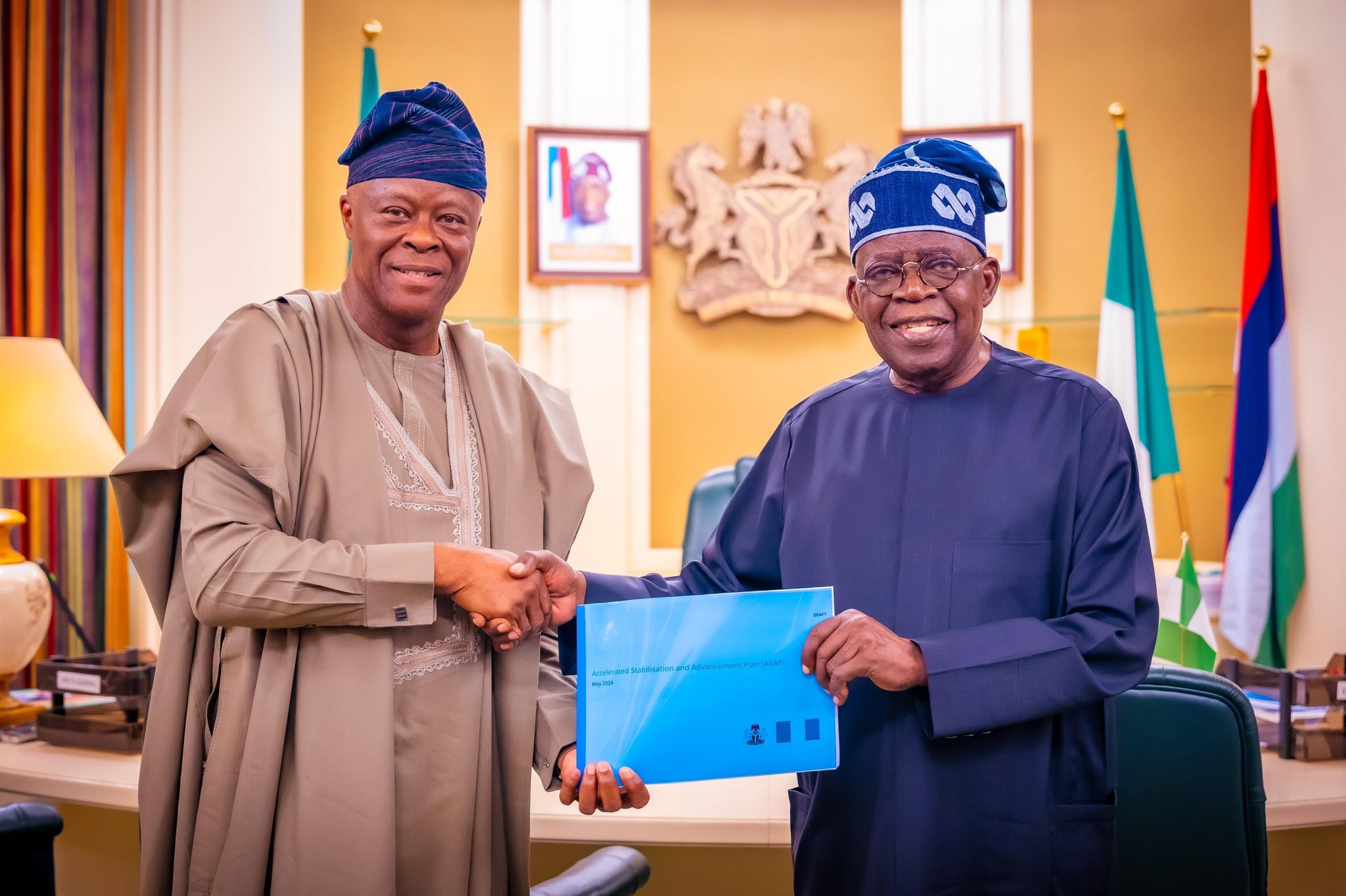
This is contained in the Accelerated Stabilization and Advancement Plan report presented by the Minister of Finance and Coordinating Minister of the Economy, Wale Edun, to Tinubu, which was obtained by The PUNCH on Wednesday.
President Bola Tinubu’s administration may spend as much as N5.4 trillion on fuel subsidy to tackle the current inflation and increase the purchasing power of Nigerians.
This is contained in the Accelerated Stabilization and Advancement Plan report presented by the Minister of Finance and Coordinating Minister of the Economy, Wale Edun, to Tinubu, which was obtained by The PUNCH on Wednesday.
According to the report, fuel subsidy expenditure may reach N5.4 trillion by the end of this year.
The report aims to accelerate economic recovery, aid as many Nigerians as possible, and offset the impact of the administration’s ongoing economic reforms.
The strategy, which would be implemented within one to six months, aims to combat inflation and enhance Nigerians’ purchasing power.
The government noted that the subsidy payment was one of several severe obstacles that threatened to unravel the president’s big changes.
The report said, “Fuel subsidy: At current rates, expenditure on fuel subsidy is projected to reach N5.4 trillion by the end of 2024. This compares unfavourably with N3.6tn in 2023 and N2.0tn in 2022.”
The amount represents an average of N450bn monthly subsidy bill.
The document indicated the government had yet to reduce, “fuel subsidies to zero given the current inflationary and consequent social pressures.”
Additionally, the recommendation included establishing a framework for market-driven pricing of petroleum products and a gradual phase-out of fuel subsidies to foster growth in the oil sector.
In his inaugural address in May 2023, the President declared the removal of the subsidy, a move aimed at rectifying the government’s financial struggles, as debt-service costs had soared to 96% of revenues, necessitating fiscal reforms.
However, in May 2024, International Monetary Fund claimed that Nigeria’s reintroduction of a gasoline subsidy months after it was scrapped was expected to gulp almost half of its projected oil revenue this year.
The International Monetary Fund (IMF) estimates that the implicit subsidy will amount to approximately 8.43 trillion naira (equivalent to $5.9 billion), which is a significant portion of Nigeria’s projected 17.7 trillion naira in oil revenue.
This forecast is in line with Bank of America’s projections, which suggest that the subsidy could cost Nigeria between $7 billion and $10 billion in 2023, depending on the volume of gasoline imports, which are expected to range from 18 to 25 billion liters, according to Tatonga Rusike, a sub-Saharan Africa economist at Bank of America.
“Fuel subsidies were reformed in June 2023, however, adequate compensatory measures for the poor were not scaled up in a timely manner and subsequently paused over corruption concerns,” the IMF said.


